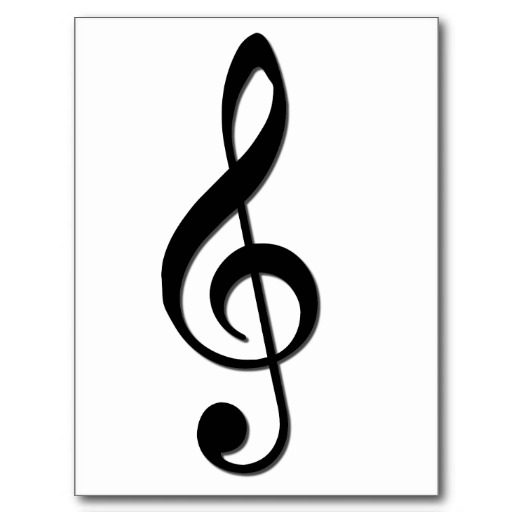Foreign Language Learning Made Easy: How to Learn a New Language with Music

Many people struggle through grammar books and dictionaries in order to take a very scholastic approach to language learning. The success rate of this more traditional method of language learning is limited by how easily the learner grows weary and perplexed by the purely theoretical grammar training. Language is first and foremost a means of communication. People who start studying a foreign language’s grammar and vocabulary before interacting with it on an oral and aural level will naturally have trouble staying focused on this most unnatural approach to language learning.
The most effective way to begin learning a foreign language is to start by listening to it. That is, after all, how we all started to learn our native languages. For the foreign language learner who does not live in an area with a significant population of native speakers of his or her target language, the internet is an excellent resource for foreign language audio material. Of course, foreign language films, television programs and radio stations are excellent resources for the beginning foreign language learner to get started hearing how the new language sounds and to start fostering passive understanding. However, I am going to give due attention throughout this article to the unique benefits of foreign language music in particular for the foreign language learner.

Language and Music Were Made for Each Other
Even if you do not understand the words, it is still useful to start learning a foreign language by listening to music in the target language before ever opening a book. Passively listening to the language in this way will gradually give you a sense for the rhythm and flow of the language, as well as how it is pronounced and stressed. Even though you will not understand the words, you will still be able to appreciate the melody and instrumentals in a way you can not enjoy a film or television/radio program you do not understand linguistically.
After gaining a sense for how the language sounds in this way, start trying to sing along while reading the lyrics and then use a dictionary to find out what the words mean. Without grammar knowledge, the depth of your understanding will still be limited, but you will have made great advances in foreign language comprehension with minimal effort. It is at this point that you should start studying the grammar now that you have internalized some meaningful vocabulary and know how the language sounds. This will cause you to approach the grammar with more interest thanks to your previous experience with the language and make the typical introductory chapter on pronunciation A LOT less painful.
Music is an Effective Means of Retaining New Information
For the beginning foreign language learner, music is an invaluable resource for easily memorizing a vast amount of advanced vocabulary. When associated with a catchy tune or uplifting melody, you will find it impossible not to remember the words it is dressed with. Most song lyrics are essentially poetry and the tendency to rhyme gives the language learner an extra edge in terms of associating foreign words with one another in order to achieve maximum retention. However, keep in mind that while music is excellent for learning vocabulary and creative ways of expressing yourself, it is not always a reliable means of absorbing correct grammar structures. In any case, it is more important for the beginner to start communicating regardless of his or her grammar skills. Real attention to grammar should come after basic communication skills have been achieved and should work in tandem with the continued development of spoken fluency.
Tips for Seeking out Foreign Language Music
Many larger music stores are likely to have a respectable section for foreign interests and it is always worth your time to browse through a second-hand media shop. The internet is of course an excellent resource for international media. I am partial to using YouTube for the purpose of seeking out new music. The related videos feature is very helpful in this respect.
For the purpose of both seeking out musicians who sing in a specific language as well as finding foreign music lyrics and translations, I regularly make use of LyricWiki.








